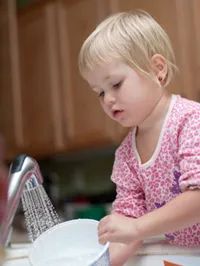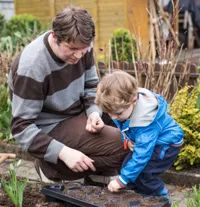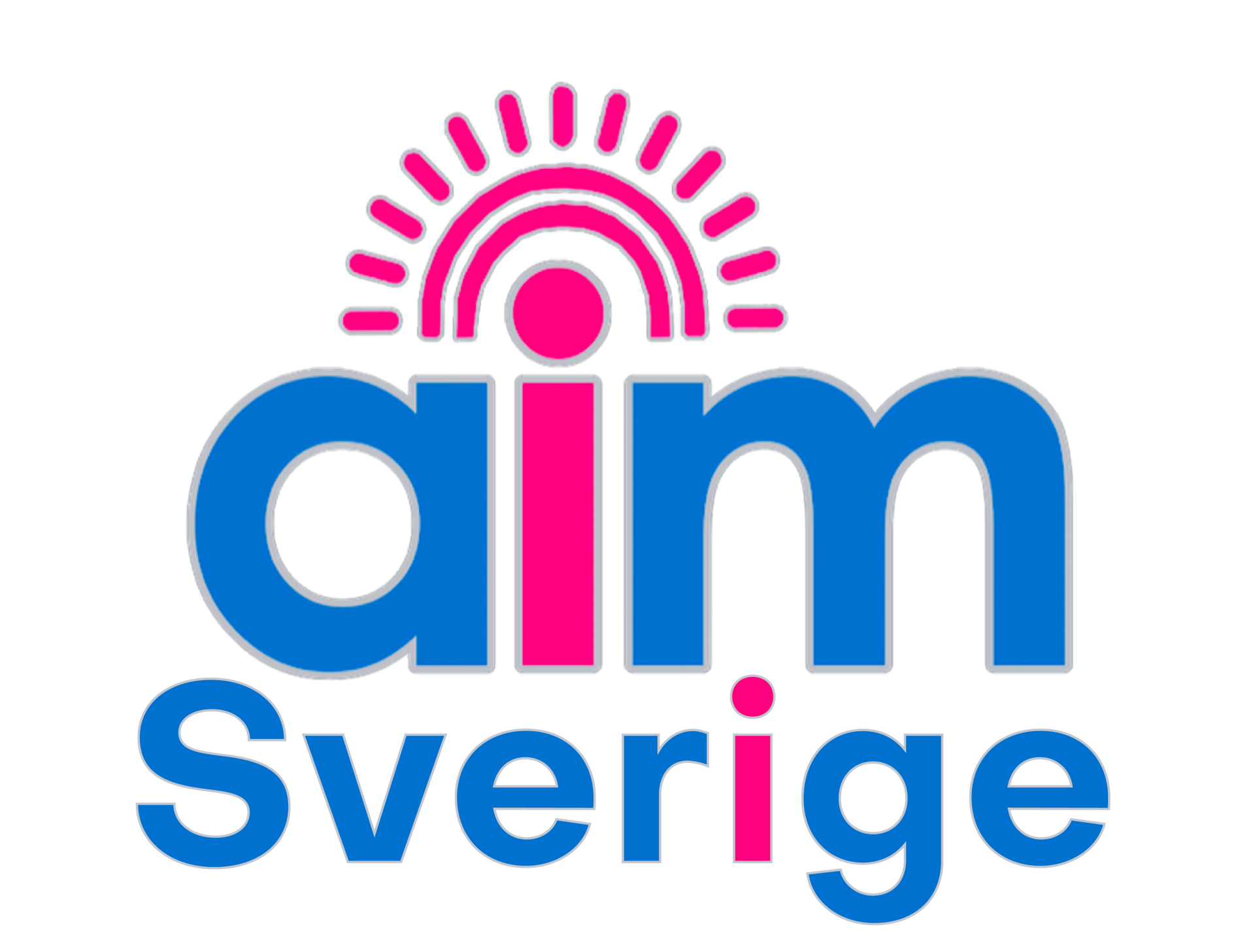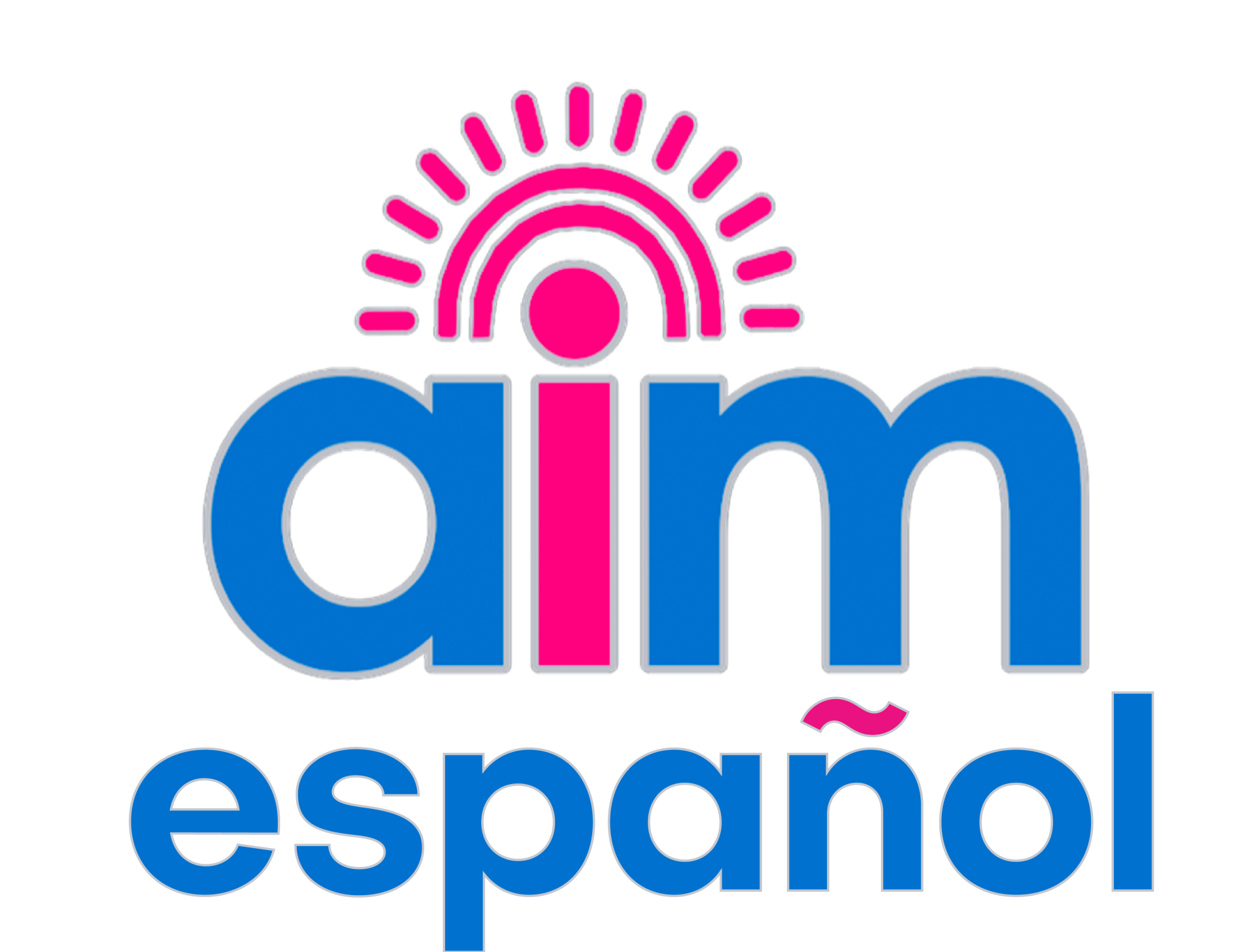Montessori Training Hands On Learning
 Spring Parent/Teacher conferences took place at our school a few weeks ago. This can be a rich time of learning for everyone involved. At the end of our meeting time, parents often ask what they can do at home to support their child’s success. So what do the experts say? In her article, Montessori, Neuroscience and Parenting, Rebecca Janke says “one the best things parents can do at home is to focus on the mastery of the hands.” As parents become aware of everything they do with their hands, Janke suggests they ask themselves, “How can I involve my child with this task or provide a similar, simpler version?”
Spring Parent/Teacher conferences took place at our school a few weeks ago. This can be a rich time of learning for everyone involved. At the end of our meeting time, parents often ask what they can do at home to support their child’s success. So what do the experts say? In her article, Montessori, Neuroscience and Parenting, Rebecca Janke says “one the best things parents can do at home is to focus on the mastery of the hands.” As parents become aware of everything they do with their hands, Janke suggests they ask themselves, “How can I involve my child with this task or provide a similar, simpler version?”

Involve Children
Many of Montessori’s Practical Life lessons such as learning to set a table, or washing, peeling and cutting vegetables are built off of this understanding. Parents can get so busy they forget to include the child in household routines. In some families, children might be barred from the kitchen during meal preparation, or set up with a television show or toys while their parents tend to the laundry or watering the plants.
But how beautiful the simplicity is of including children in what we already do! How very low-tech, low-cost and wonderfully engaging our times with young children can be when we allow them to work alongside us, at their own pace. When we remember that for them, the exercise is about building themselves, (rather than getting the job done in the least amount of time), we are supporting specific developmental needs that are entirely different than our own adult priorities.
 Benefits
Benefits

By engaging in hands-on activities, children learn responsibility, problem solving, independence and a positive sense of self-esteem born from real life mastery whether through gardening, washing the car, weeding the flower bed, composting, clipping the hedge, sweeping, dusting, threading a needle, word-processing, writing a list, grocery shopping, folding the laundry or even fixing a loose hinge. Janke cautions against simply assigning chores to a young child, however.
The first part of Montessori lessons are designed to help the child set up a space to work, with everything they need. In the home environment, parents may need to prepare various child-sized tools or equipment needed to help the child get started. Working together with their parents, young children often beam with delight at being included in such important stuff! Does it take patience? Sure, it does. But understanding how critical these activities are to their child’s cognitive development encourages even the busiest parents to start with simple tasks together.
Tips if child loses interest
 Montessori teachers are trained to be careful observers of child behavior. We notice that children may lose interest in the activity when the following things occur:
Montessori teachers are trained to be careful observers of child behavior. We notice that children may lose interest in the activity when the following things occur:

- The child is given incomplete or unclear directions
- The child cannot find or reach what they need
- The adult rushes the child through a task
- The adult comments on the child’s progress or work
- The adult takes over the project when the child makes a mistake
With patience and time, the child has the opportunity to build new neural pathways and blossom in the flowering of accomplishment. Maria Montessori’s pioneering work in linking cognitive development in the brain to the work of the hand is a message for parents as much as for teachers. Her interest in the brain led her to the Orthophrenic School in Rome. In her book The Pedagogical Anthropology, she wrote about her studies of the human brain and her theories on the nature of child development.
Neuroscience
 Rebecca Janke guesses that if Dr. Montessori were alive today, she would be working alongside neuroscientists or even have become one herself so she could expand her studies on the inner workings of how humans learn. It’s inspiring for parents and teachers to know that modern research confirms that those simple lessons found in Montessori classrooms and homes offer the best opportunities to optimize the child’s natural developmental process.
Rebecca Janke guesses that if Dr. Montessori were alive today, she would be working alongside neuroscientists or even have become one herself so she could expand her studies on the inner workings of how humans learn. It’s inspiring for parents and teachers to know that modern research confirms that those simple lessons found in Montessori classrooms and homes offer the best opportunities to optimize the child’s natural developmental process.

To read Rebecca Janke’s complete article, go to: http://jola-montessori.com/article/montessori-neuroscience-and-parenting/.






















